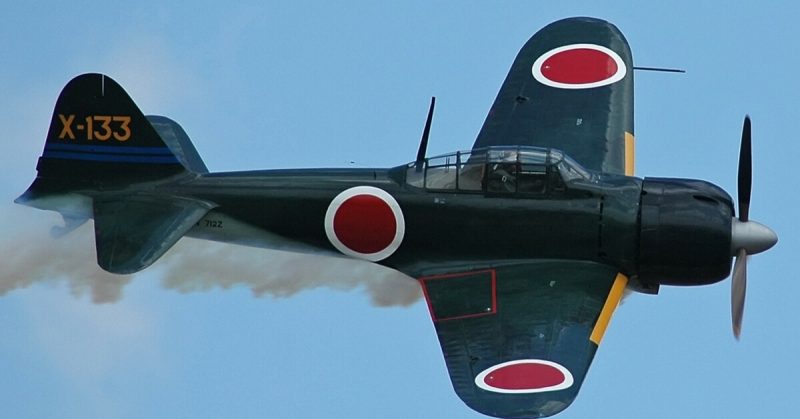According to Osamu Tagaya, Japan was doomed to lose WWII. A writer for the Smithsonian, Tagaya’s father was an officer in the Imperial Japanese Navy (IJN), so he should know.
Like the other Axis powers, Japan wasn’t prepared for a long war. But just as Germany became overconfident because of the Spanish Civil War, so Japan felt the same because of victories against Russia and China.
What both lacked, however, was the superior manpower, greater industrial capacities, and vast resources that the US and Britain had. The Japanese government knew this, but had gambled on a short war and had badly underestimated the Allied response to their aggression.
Tagaya takes it a step further by pointing out the tactical and political weaknesses that doomed Japan. The government didn’t control the Armed Forces, so couldn’t effectively unite them. The result was a schism that drained the country’s limited resources and overly-extended industrial capacities.
The Army saw the Soviet Union as its enemy, while the Navy looked to the US. So while Japan was among the first to develop combat aircraft, they were mostly designed for a land war against the Soviets, not for long range operations in the South Pacific.
Not that it stopped them from occupying parts of Southeast Asia. But it made them overconfident, which was why they were slow to develop aerial technologies. Their occupation of the Pacific was another drain since the region was under-developed – forcing them to build landing fields and communications equipment.
Though Japan had contributed to radar technology, they failed to maximize its potential. Their weakness in detecting enemy craft, combined with cramped airfields where planes parked close together, made it easier for the Allies to take more out in a single raid.
And while Japan was the first to develop aircraft carriers, their focus was on combat missions. They therefore failed to understand the strategic value of taking out supply lines, giving the Allies an edge.
Finally, they didn’t have an effective training program for pilots. As more experienced ones died out, that left inexperienced ones who were forced to do kamikaze missions.
